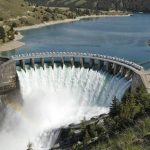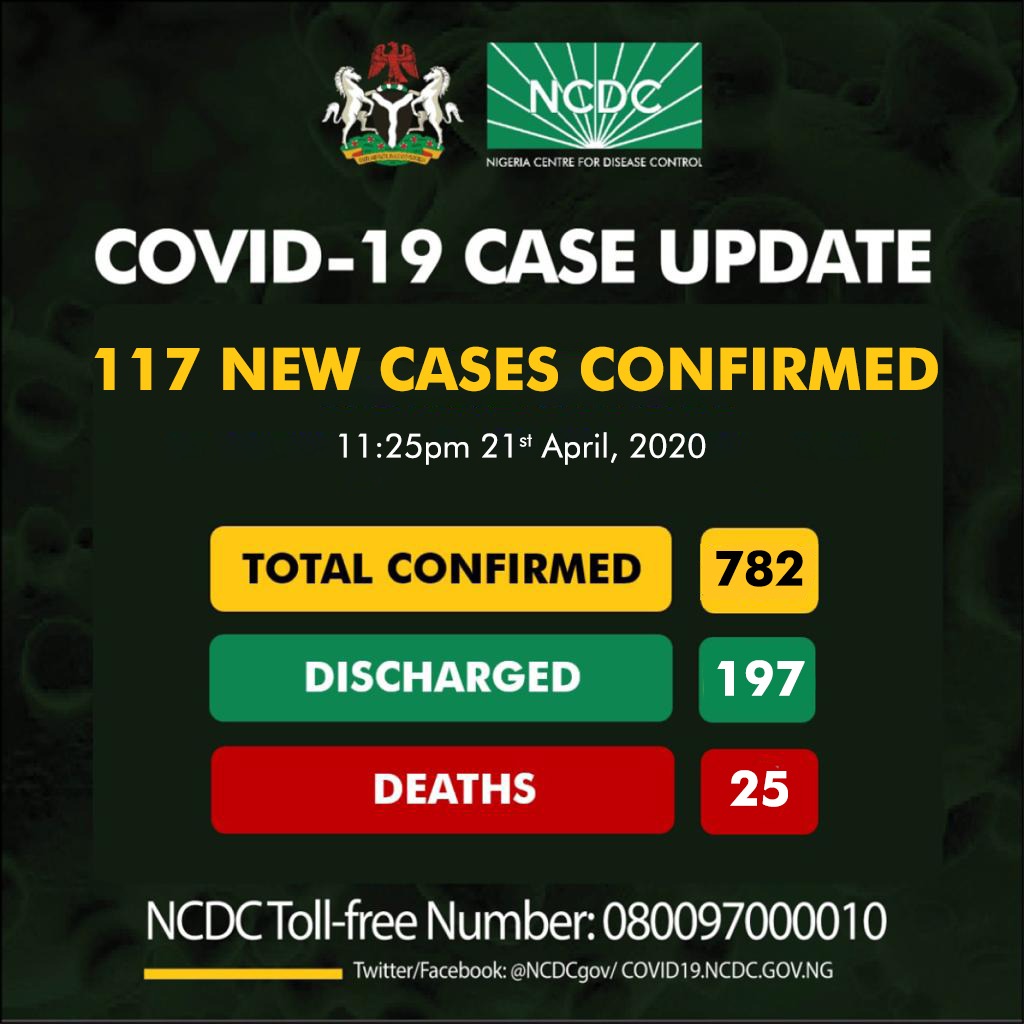Frustration is mounting among electricity consumers following yet another collapse of the national grid on Saturday, which many are calling a national embarrassment.
As reported by Sunday PUNCH, the grid failure occurred at approximately 8:16 a.m., marking the third such incident within a single week and causing widespread blackouts across the country.
By 8 a.m., power generation had fallen to 3,042 megawatts, after peaking at 3,968 MW at 7 a.m. Shortly thereafter, it plunged to just 47 MW around 9 a.m. before gradually increasing as system operators worked to restore normalcy.
Minister of Power Adebayo Adelabu had previously committed to achieving 6,000 megawatts by year-end, assuring citizens of improvements in power supply by next year. However, the recurring grid collapses jeopardize this goal.
Attempts to reach Ndidi Mbah, spokesperson for the Transmission Company of Nigeria (TCN), for comments on the grid failure were unsuccessful, as she did not respond to calls or messages.
In an interview, Princewill Okorie, Convener of the Electricity Consumer Protection Advocacy Centre, expressed alarm over consumers, particularly those on estimated billing, who continue to pay for inadequate service. He suggested that substandard materials may have been used in constructing the power infrastructure.
Okorie criticized both the Nigerian Electricity Regulatory Commission (NERC) and the Ministry of Power for prioritizing distribution companies’ revenues over consumer rights, especially regarding metering.
He challenged the Federal Competition and Consumer Protection Commission on its role in protecting electricity consumers. “Consumers are left without electricity while facing bills over N200 per kilowatt-hour for Band A customers. Those without meters are charged as if they have a continuous power supply. The consumers are suffering; their businesses are struggling. They are the same ones funding infrastructure and metering,” he stated. “What is the quality of the materials used for the grid? Who oversees the professionals building it? How can we expect stability when transformers are connected without supervision, particularly during weekends and at night? With substandard materials in play, achieving a stable grid is unrealistic.”
The NERC attributed the latest grid collapse to a current transformer explosion at the Jebba transmission station, stating that this incident triggered a cascade of power plant shutdowns due to the loss of load. The commission expressed deep concern over the increasing frequency of grid disturbances, which threaten to reverse recent gains in grid stability.
In a statement, NERC confirmed that restoration efforts had advanced significantly by 1 p.m., with power largely restored across 33 states and the Federal Capital Territory.
Additionally, the commission highlighted ongoing initiatives to separate the System Operator function from the TCN, anticipating that an independent System Operator would enhance grid management and optimize investments in infrastructure.
Minister Adelabu emphasized the need for separate power grids in different regions or states to mitigate frequent collapses, noting that the current condition of Nigeria’s power infrastructure makes such failures nearly unavoidable. He advocated for the establishment of multiple power grids in each region to ensure stability.








